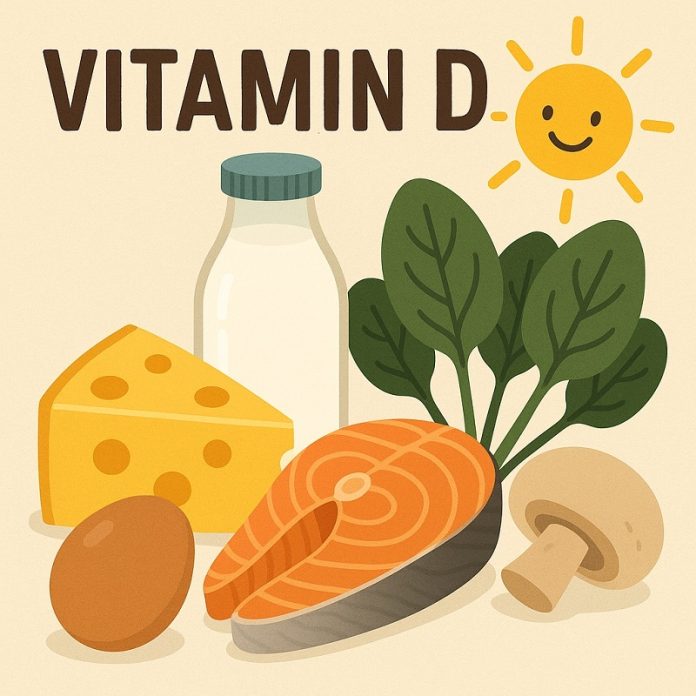
A new study published in the Journal of the Endocrine Society shows that taking vitamin D supplements may help lower blood pressure in older adults with obesity.
However, taking more than the recommended daily amount does not seem to provide any extra health benefits.
Vitamin D is an essential nutrient that supports bone health, immune function, and more. A lack of vitamin D has been linked to a number of health problems, including heart disease, infections, and even some cancers. Some earlier research suggested that low vitamin D levels might also be related to high blood pressure, but the evidence has not been clear.
The Institute of Medicine (IOM) recommends that people get 600 International Units (IU) of vitamin D each day. This new study, led by Dr. Ghada El-Hajj Fuleihan at the American University of Beirut Medical Center in Lebanon, looked at whether taking more vitamin D than the recommended amount could help lower blood pressure.
Researchers followed 221 older adults with obesity for one year. Some participants took 600 IU of vitamin D daily (the recommended amount), while others took a much higher dose of 3,750 IU per day. They found that both groups experienced a drop in blood pressure, but the higher dose did not offer any added benefits compared to the lower dose.
The people who seemed to benefit the most from vitamin D supplements were those who had low vitamin D levels at the start of the study and those with obesity. This suggests that vitamin D might be especially helpful for people in these groups.
“Our study found vitamin D supplementation may decrease blood pressure in specific subgroups such as older people, people with obesity and possibly those with low vitamin D levels,” said Dr. El-Hajj Fuleihan. “High vitamin D doses compared to the IOM’s recommended daily dose did not provide additional health benefits.”
This research adds to growing evidence that vitamin D might play a role in blood pressure management. However, more studies are needed to understand who benefits the most and how much vitamin D is ideal. As always, people should talk to their doctor before making changes to their supplement routine.
If you care about blood pressure, please read studies about unhealthy habits that could increase high blood pressure risk, and people with severe high blood pressure should reduce coffee intake.
For more information about blood pressure, please see recent studies that early time-restricted eating could help improve blood pressure, and results showing plant-based foods could benefit people with high blood pressure.
The study is published in Journal of the Endocrine Society.



